Why Work at West Point
USMA offers opportunities to advance your career that you won't find anywhere else in the Army. Officers do NOT have to have graduated from West Point to join the team as rotating staff or faculty members.
Why Work at West Point
USMA offers opportunities to advance your career that you won't find anywhere else in the Army. Officers do NOT have to have graduated from West Point to join the team as rotating staff or faculty members.
Work at West Point
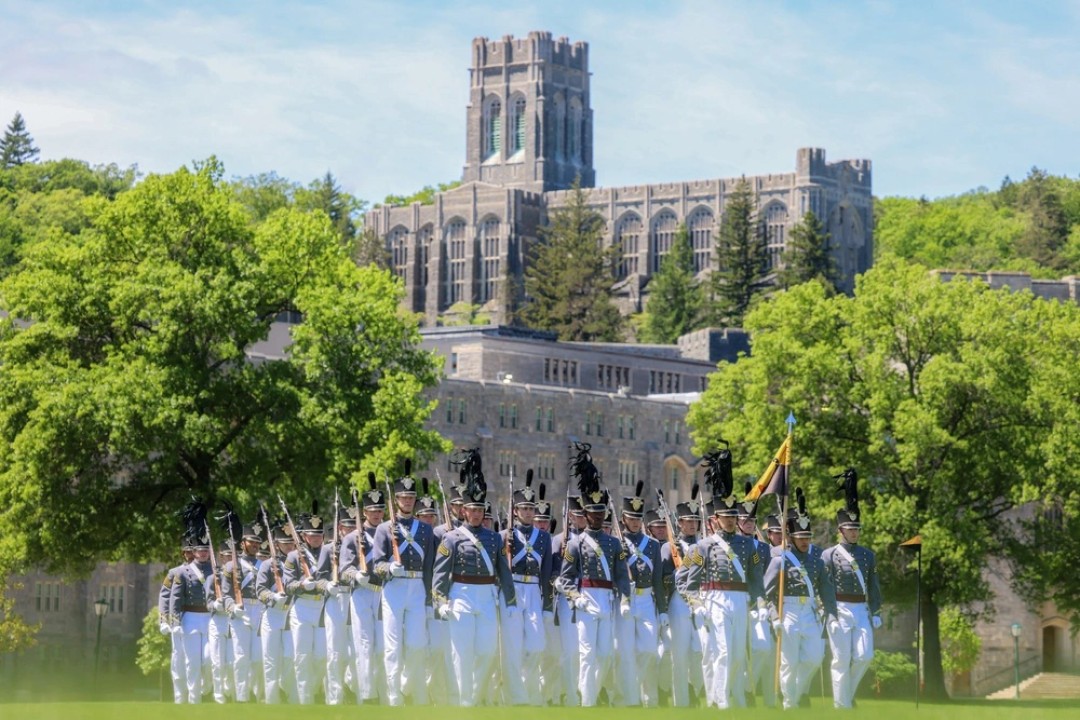
Opportunities at West Point
USMA offers career-enhancing opportunities you won’t find anywhere else in the Army. Officers do not need to be West Point graduates to serve as rotating staff or faculty members. Assignments at West Point combine professional development, advanced education, and mentorship with a high quality of life for you and your family.
The Long-Term Impact
The results speak for themselves.
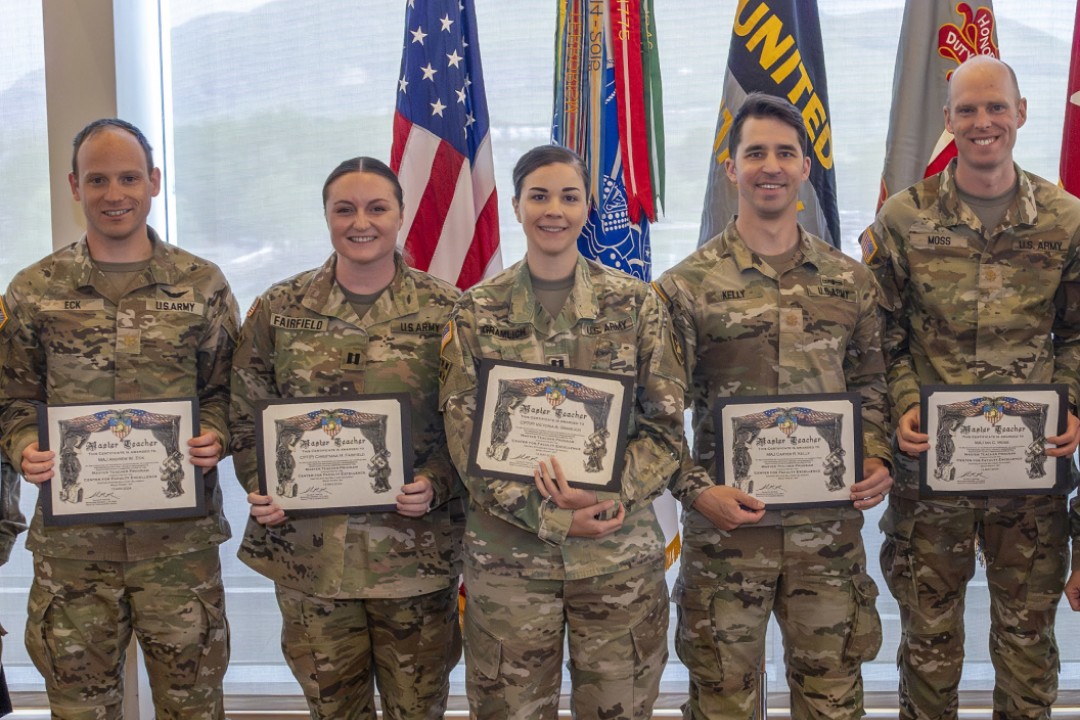
Career-Building Opportunities
Serving at West Point provides advantages that accelerate growth and expand horizons:
- Earn an advanced degree at a top-tier institution — without using your GI Bill.
- Study alongside civilian peers in graduate school, gaining perspectives few Army officers encounter early in their careers.
- Build lasting networks with senior Army leaders, peers across branches, and high-caliber civilian faculty.
- Mentor cadets while being mentored by senior leaders invested in your development.
- Travel with cadets for research, internships, sporting events, and extracurricular programs.
TEACH Application Deadline is November 1
Start your application
"I wouldn't trade the experience and opportunities I had as a faculty member for any other Army assignment."
Former Faculty Perspectives
Rotating faculty consistently describe the assignment as one of the most rewarding and influential of their careers.
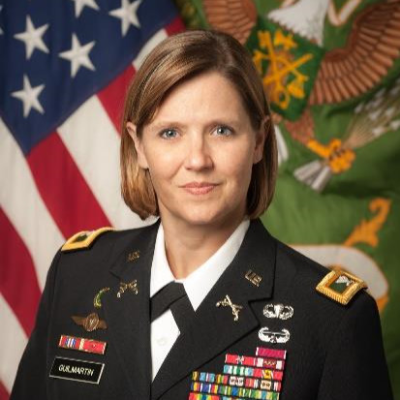
COL Eugenia Guilmartin
MP, Office of Asst. Sec. of the Army
Manpower and Reserve Affairs, Pentagon
The USMA experience was invaluable for meeting a broad selection of highly competent peers across different branches, who proved to be valuable allies post-USMA (to include in combat). The opportunity to mentor cadets who branched into other fields also gave me a wide network of young leaders who I also tapped into -- in combat and in garrison. Finally, USMA senior mentors continue to care and invest in me (and those I served at USMA with) – more so than many senior leaders from my own career field.
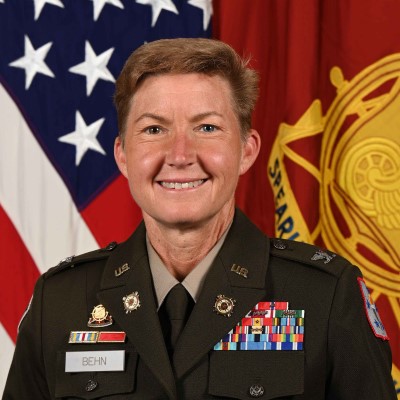
COL Beth A. Behn
LG, Chief of Transportation Commandant, U.S. Army Transportation School
Commandant, U.S. Army Transportation School
An assignment at West Point can be both professionally and personally rewarding. It offers an opportunity to strengthen the intellectual skills that our Army needs in its officer corps and to work in an environment with other high-caliber officers, all while helping mold the next generation of Army leaders. It also serves as a high quality-of-life assignment for families.
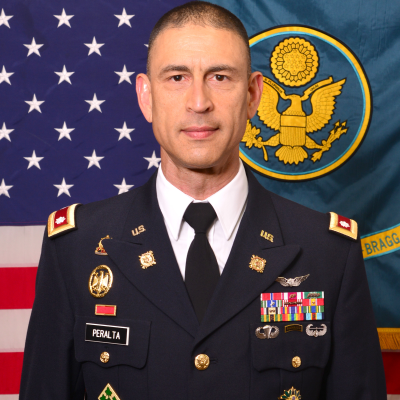
COL G. Armando Peralta
LG, Deputy Director, Strategy, Concepts & Assessments (J48)
Joint Staff, J-4, Logistics Directorate
If you are a driven person who is looking to grow, thrive, and have an impact on the officer corps, don't miss the opportunity for an assignment at West Point.
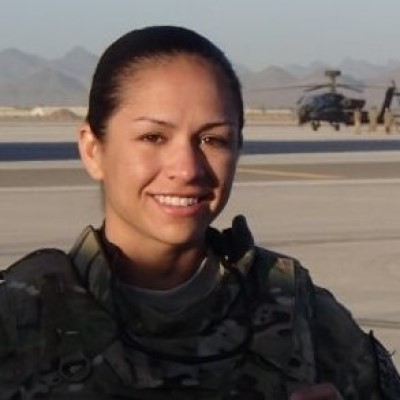
COL Jana K. Fajardo
LG, Logistics Colonels Branch Manager, HRC
Working with cadets at West Point was extremely rewarding and I wouldn't trade that time for anything in the world. I was ready to leave the Army after my additional service obligation for graduate school, but working with some amazing peers and cadets helped change my mind. On a personal note, the assignment was also perfect for starting my family while I was stationed there.
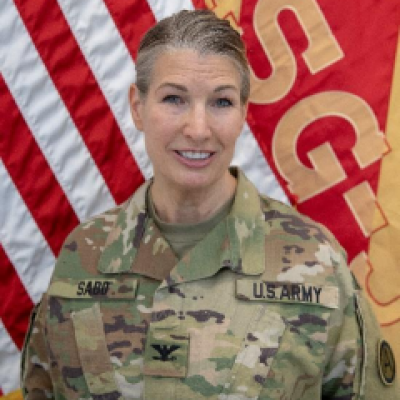
COL Toni K. Sabo
Commander, MI Area Support Group-Jordan
My assignment at West Point positively impacted my career progression. The skills I learned in graduate school, combined with the practical experience I gained teaching, opened doors to follow-on positions working for leaders at the highest levels of our Army – greatly benefiting my professional development and making me competitive for both BN and BDE level commands.
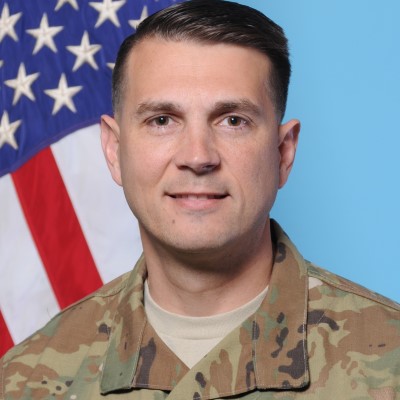
COL Matthew Rowland
AV Director, Aviation Fires Evaluation Directorate (AFED)
Working with cadets at West Point is very rewarding and I wouldn't trade that time for anything in the world. I was ready to leave the Army after my additional service obligation for graduate school but working with outstanding peers and cadets helped.
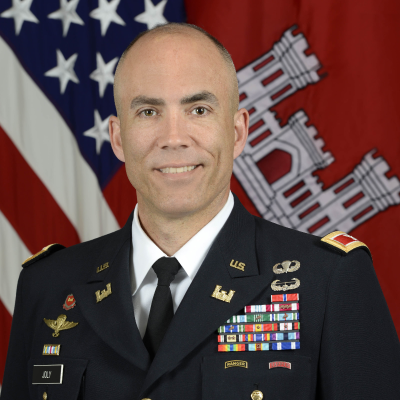
COL Sebastien Joly
EN Commander
US Army Engineering and Support Center (USACE)
I wouldn't trade the experience and opportunities I had as a faculty member for any other Army assignment.

"If you are a driven person who is looking to grow, thrive, and have an impact on the officer corps, don't miss the opportunity for an assignment at West Point."
A Career-Smart Assignment
No. The Office of Economic and Manpower Analysis (OEMA) conducted research that reveals rotating military faculty at West Point are promoted at rates in-line with their non-faculty peers. Rotating faculty who were promoted below the zone to major were promoted below the zone to lieutenant colonel at a slightly lower rate than their non-faculty peers (which are much higher than the average office) and are promoted to LTC and COL at approximately the same rate. Tactical officers who went through the ELDP program who were promoted below the zone to major tend to be promoted at a slightly higher rate below the zone to lieutenant colonel.
It depends. Most of our rotating faculty show up as Captains and come out on the promotion list to Major within their first 1 or 2 years at USMA. The majority of those officers are selected for Resident ILE.
Officers selected for resident ILE normally defer attendance until the summer following the completion of their ACS utilization tour at USMA. Officers selected for resident ILE will have an opportunity to submit preferences (e.g., Army Command and General Staff College, Sister Service equivalent, foreign equivalent schools) before ILE attendance.
The limiting factor in an officer’s ILE planning is that you must have a minimum of 30 months between leaving USMA or resident ILE and your Primary Zone LTC board (currently occurs at YG + 16 years). If you can fit resident ILE into your timeline and still have 30 months before your LTC PZ board, you can attend in-residence.
If your timeline precludes this, you must complete ILE via satellite or distance learning. Officers selected for satellite ILE normally attend common core ILE at Fort Belvoir or Redstone Arsenal during the summer preceding their last year at USMA.
Yes, there may be opportunities to attend Army schools in periods that do not interfere with your department duties and responsibilities (typically during one of your summers as an instructor). These schools are usually tied to career progression opportunities in your branch or career field (a Special Forces officer recently attended Dive Supervisor training; Functional Area 59 officers have attended BSAP during their tours, etc.).
Absolutely. We cannot guarantee a job for your spouse, but we will do what we can to help you and your spouse stay together.
USMA housing is managed by Balfour Beatty communities under the Residential Community Initiative. Most members of the community live on-post, while several opt to live in the local surrounding area. Tactical Officers are designated as "Key and Essential" personnel and receive priority for an on-post housing assignment if they desire. For more information on housing, see https://www.westpointfamilyhomes.com/.
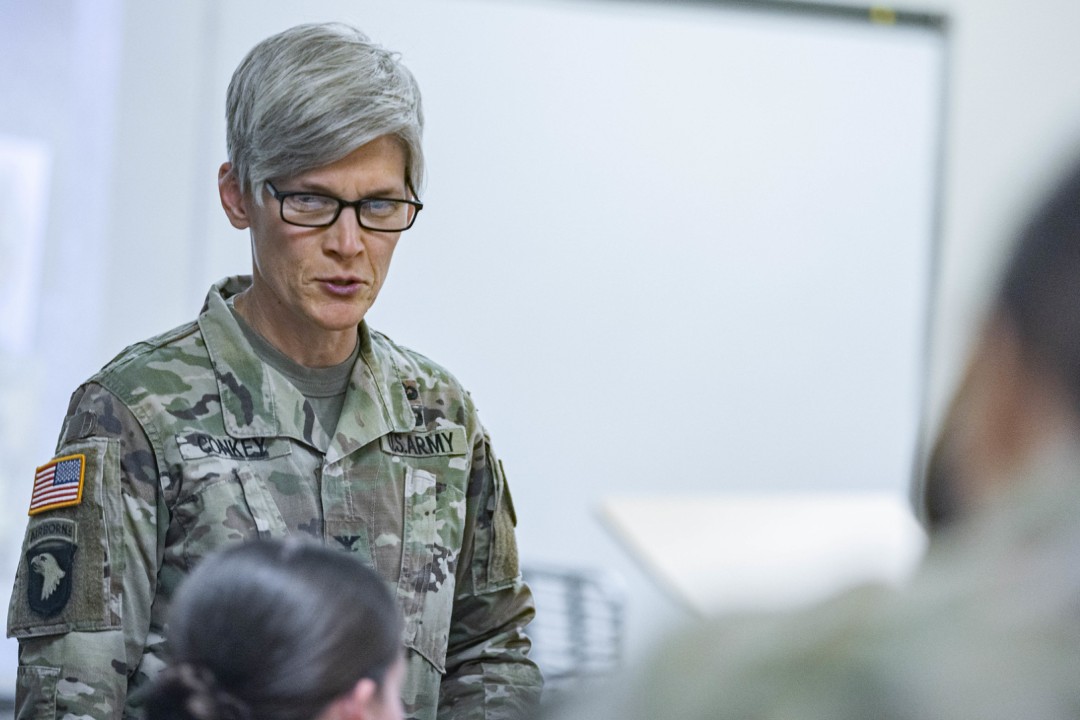
The Bottom Line
An assignment at West Point is both professionally rewarding and personally fulfilling. You’ll strengthen the intellectual foundation of the officer corps, expand your own skills, and contribute to shaping the next generation of Army leaders — all while building a career-enhancing network that will serve you long after your USMA tour ends.
Apply Now
The CAC-enabled TEACH application is used by all departments at West Point, with additional application requirements for the departments in which you express interest. It is not necessary to provide all application information at once. You may upload new information as it becomes available and update your file at any time.
Which Path Fits You?
The opportunities to serve as Rotating Military Faculty or Tactical Officer at the U.S. Military Academy (West Point) come with specific eligibility requirements and structured timelines.
Teaching at West Point
The USMA faculty model is deliberately designed to include individuals with varying career paths to meet the needs of the academy's mission.